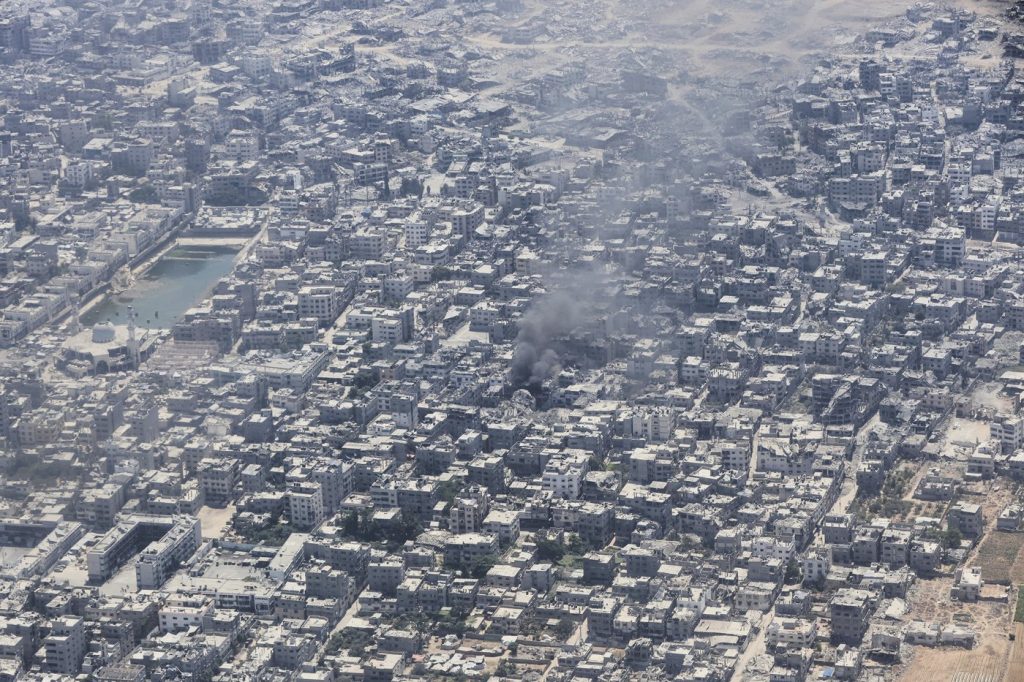OTTAWA – Canada is joining international partners in condemning Israel's recent decision to take control of Gaza City. This decisive move has raised substantial concerns among various nations and humanitarian organizations regarding the potential exacerbation of the already dire situation in Gaza.
Foreign ministers from several countries, including Canada, Australia, France, Germany, and the United Kingdom, have publicly rejected the decision made by the Israeli security cabinet on August 8, 2025, to initiate a new large-scale military operation in Gaza. These countries assert that such actions will not only aggravate an already catastrophic humanitarian crises but will also lead to further displacement of civilians and put the lives of hostages at increased risk.
The Israeli government has outlined its intentions, with the Foreign Ministry stating that the aim of this operation is not to permanently occupy Palestinian territory but to dismantle Hamas's operational capabilities. However, the announcement has drawn sharp criticism from the international community, concerned about the potential for increased violence and suffering among civilians in the region.
In a joint statement released by the foreign ministers, they articulated the view that any attempts by Israel to annex territory or extend settlements in occupied areas would constitute a violation of international law. The consensus appears to be that these actions hinder the prospects for peace and stability in an already turbulent region.
On the same day as the announcement, Canadian Prime Minister Mark Carney voiced a similar sentiment, underscoring Canada's position on this matter. While he expressed the gravity of the situation, he refrained from specifically indicating whether Canada would consider implementing sanctions against Israel as a response to these developments.
The implications of Israel’s military strategy in Gaza City are profound and may have far-reaching effects on regional stability, the humanitarian situation on the ground, and the ongoing peace process. As international pressure mounts, the need for a diplomatic resolution and respect for international law becomes increasingly urgent.
This situation remains dynamic, as the international community continues to monitor developments closely while urging restraint from all parties involved. The potential for escalation in violence poses a significant threat not just to peace efforts, but also to the lives of civilians caught in the crossfire.











